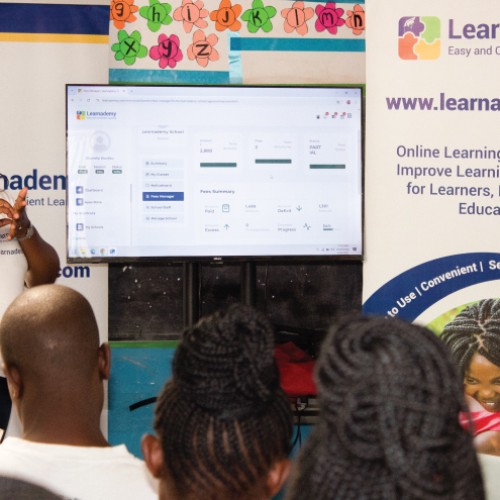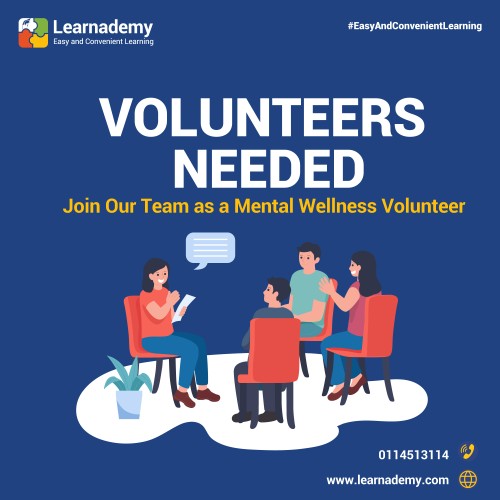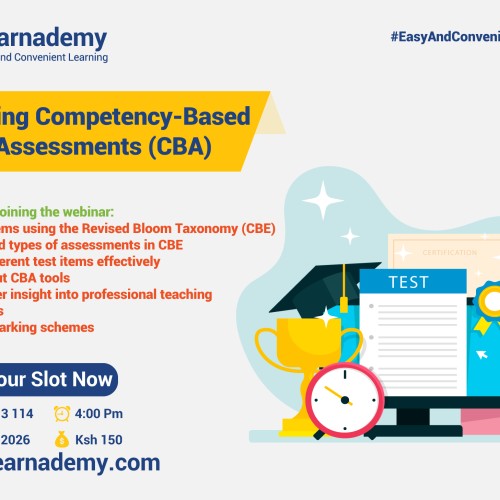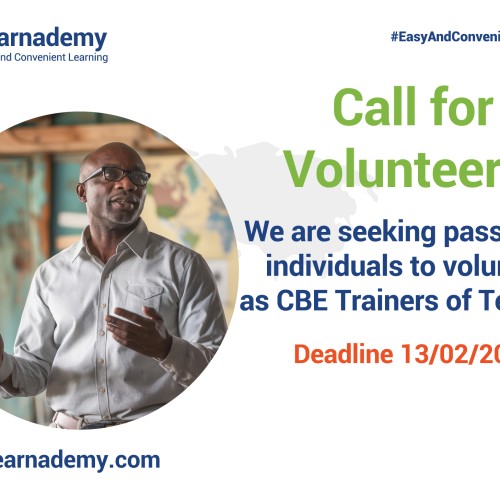-
Back
- Blog
- Browse Blogs
- Blog Post
- Get In Touch
-
Explore
- Sign up
- Login
Blog Inquiry
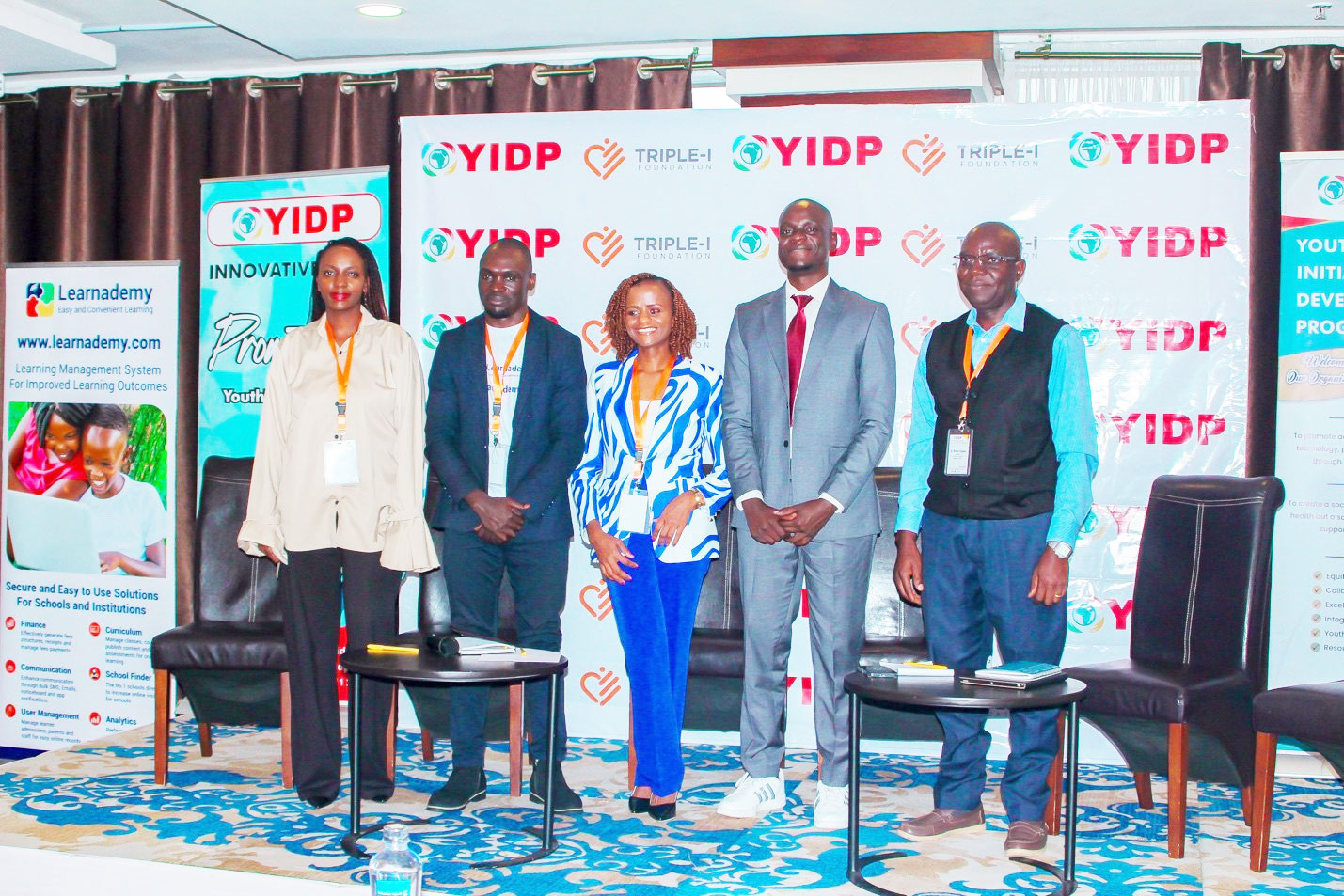
Bridging Education Technology and Wellness: Key Insights from The Digital Education and Wellness Symposium (DEWS) 2025
21 May 2025 EventsA Symposium for the Digital Age
The Digital Education and Wellness Symposium (DEWS) 2025, held in Nairobi, Kenya, wasn't just another symposium — it was a clarion call for a more intentional, human-centered approach to digital learning. As screens dominate classrooms, homes, and workplaces, the symposium confronted a pressing question: How can we harness education technology without sacrificing mental wellness, educator well-being, and meaningful learning?
Participating in the Panel Discussion was a pivotal moment for Learnademy. As EdTech leaders, we shared our vision: Education technology should empower, not replace, teachers, learners, and the learning environment itself. The discussions at DEWS 2025 reinforced our mission to bridge innovation with wellness, ensuring that digital tools enhance education without fueling teacher burnout, student anxiety, or digital overload.
Let us explore the symposium's key themes, the growing role of EdTech, and the urgent need for digital wellness in learning. From alarming statistics to actionable solutions, we'll unpack how educators, learners, and policymakers can build a healthier digital future together.
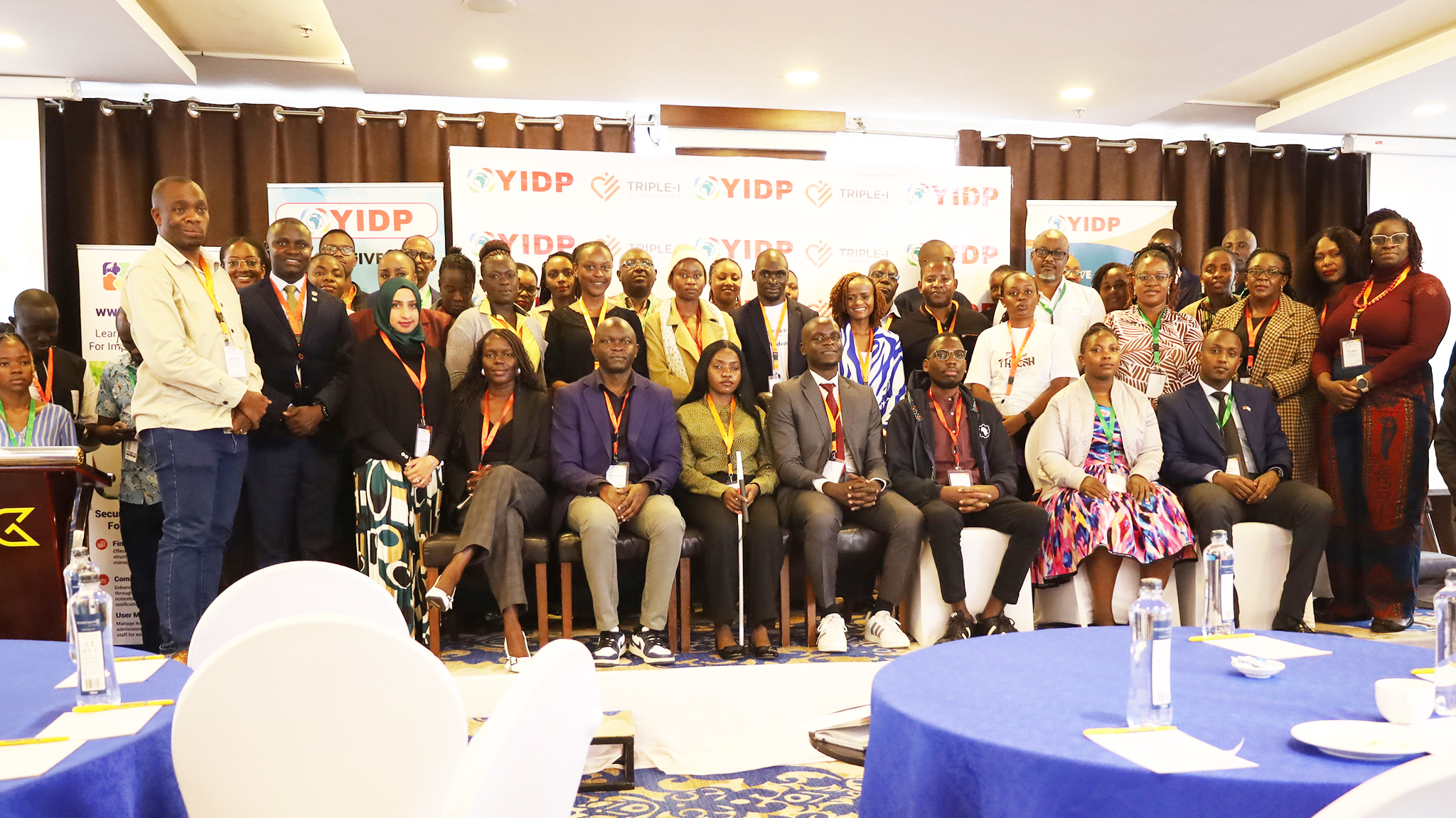
DEWS 2025 Highlights: Where Education Technology Met Wellness
Hosted by the Youth Initiative Development Programme (YIDP) and Triple I Foundation, DEWS 2025 brought together 125 stakeholders—educators, mental health experts, policymakers, and tech innovators—to address the intersection of digital tools and human well-being. The symposium's theme, "Navigating the Digital Landscape: Promoting Wellness in Education, Home and Workspace," set the stage for critical conversations.
There were key takeaways from the event. The rise of "digital obesity"—overconsumption of non-nutritive content leading to mental fatigue. We saw the need for inclusive EdTech that serves learners with disabilities and low-resource communities. The psychological toll of unregulated screen time on teachers and students. Another highlight was the role of policy in holding tech companies accountable for addictive platform designs. For Learnademy, these discussions affirmed our approach: Technology must serve people, not the other way around.
Education Technology: An Enabler, not a Replacement
One of the most resonant messages at DEWS 2025 was the distinction between technology as a tool and a crutch. As Muliande Alex, CEO of Learnademy, emphasized in the Panel discussion:
Education technology is an enabler to learning, not a replacement for teachers, learners, or the classroom environment. The goal should be ethical, balanced use that optimizes impact without compromising well-being.
This philosophy is critical in 2025, as schools increasingly adopt AI-driven platforms, virtual classrooms, and hybrid learning models. While these tools offer immense potential—personalized learning, instant feedback, and global collaboration—they also introduce risks. Some risks include Techno-phobia among educators unfamiliar with new systems. Learners outpacing teachers in tech literacy, creating confidence gaps. It can also lead to tech overload from juggling multiple stand-alone platforms. The solution? Intentional integration. EdTech should simplify, not complicate, the learning process.
Why EdTech Matters in 2025 and Beyond
The digital transformation of education isn't slowing down. Here's why education technology remains indispensable:
- Improving Access to Learning Resources - Digital platforms break geographical barriers, bringing quality education to remote areas.
- Increasing Efficiency - Automated grading, data analytics, and AI tutors free up teachers to focus on mentorship.
- Enhancing Collaboration - Tools like Learnademy's all-in-one app connect educators, learners, and parents in real time.
- Data-Driven Decision Making - Analytics help schools identify struggling students early and tailor interventions.
Yet, as DEWS 2025 highlighted, these benefits hinge on responsible implementation. Without digital wellness safeguards, EdTech risks exacerbating stress, inequality, and disengagement.
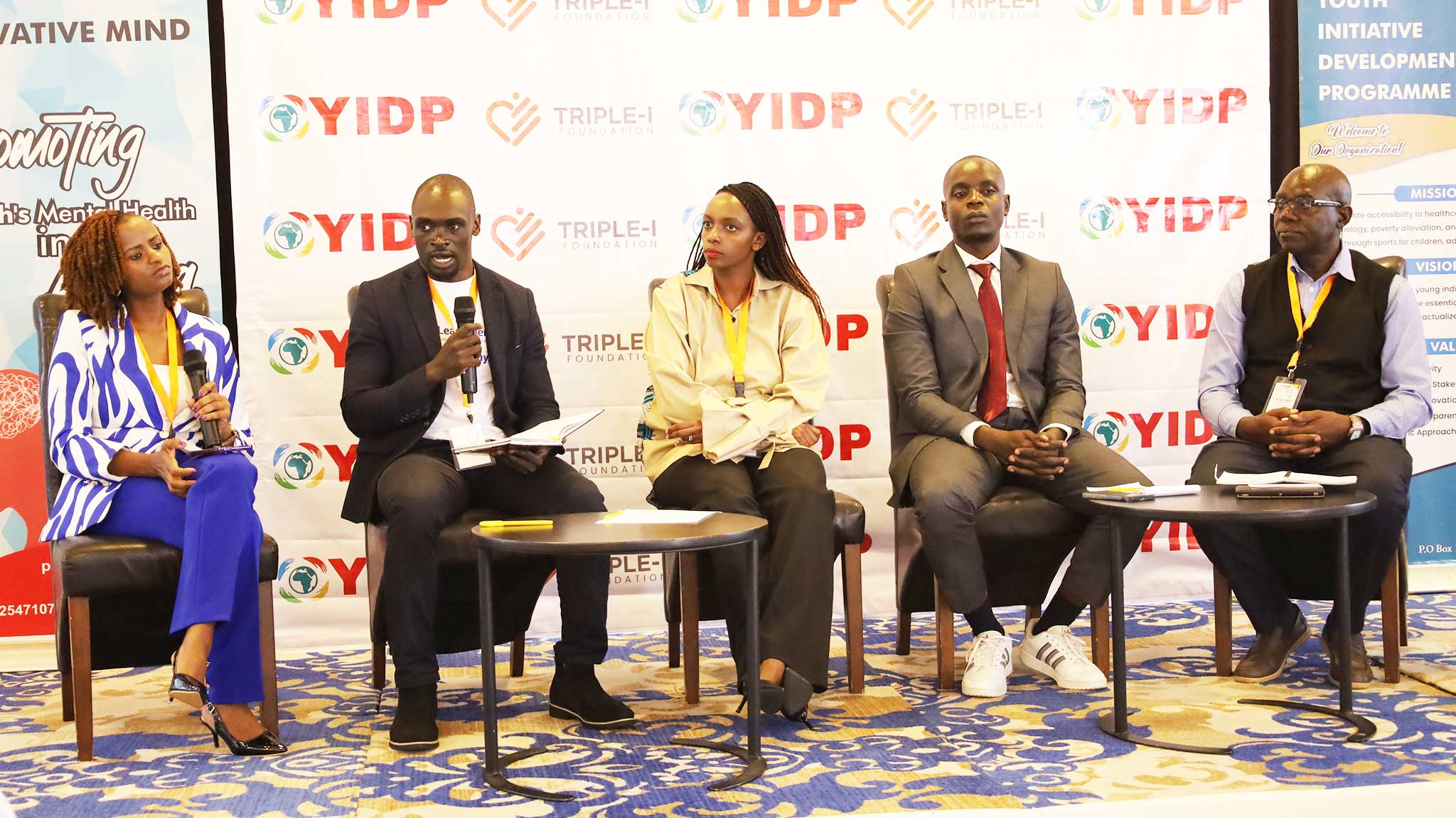
Panel Spotlight: Muliande Alex on Educator Wellness and Collaboration
In the Panel discussion, Learnademy's CEO outlined how EdTech providers must partner with educators, not just sell to them. He painted a vivid picture of the modern educator's dilemma - expected to navigate an increasingly digital classroom while often feeling unprepared for the rapid technological changes. The discussion revealed several pain points teachers face daily: the anxiety of confronting new technologies without proper training, the unsettling experience of students sometimes being more tech-savvy than their instructors, and the overwhelming clutter of multiple disconnected platforms that complicate rather than simplify their work. Perhaps most poignant was the acknowledgment of how constant screen exposure and inappropriate digital content have become unexpected stressors in the teaching profession.
Rather than simply identifying these challenges, the CEO outlined Learnademy's human-centered approach to solving them. The company understands true innovation in EdTech begins with teacher training and capacity building, not just equipping them with tools. Learnademy goes beyond traditional professional development by addressing the whole educator through wellness initiatives that acknowledge the mental toll of digital transformation. Their integrated platform solution eliminates the frustration of juggling multiple apps, while their commitment to accessibility ensures no teacher or student gets left behind in the digital shift. This thoughtful, holistic strategy exemplifies the "Wellness by Design" principle championed at DEWS 2025, proving that when EdTech companies truly listen to educators' needs, they can create solutions that enhance rather than hinder the teaching experience.
The Burnout Epidemic: Digital Overload and Mental Health
The statistics from Kenya's digital education landscape are sobering. A staggering 60% of Kenyan youth report experiencing digital fatigue, according to the DEWS 2025 report. This alarming statistic becomes even more troubling when paired with Ministry of Education (MOE) data, showing students now spend between six to ten hours daily engaged with screens. This figure approaches the duration of a full-time job. The World Health Organization's 2023 report adds another layer of gravity to the situation, identifying burnout and digital addiction as among the most pressing mental health risks associated with technology use today.
For teachers, the pressure is even greater. Technostress—the anxiety caused by constant tech demands—erodes job satisfaction and performance. Without intervention, schools risk losing talented educators to exhaustion.
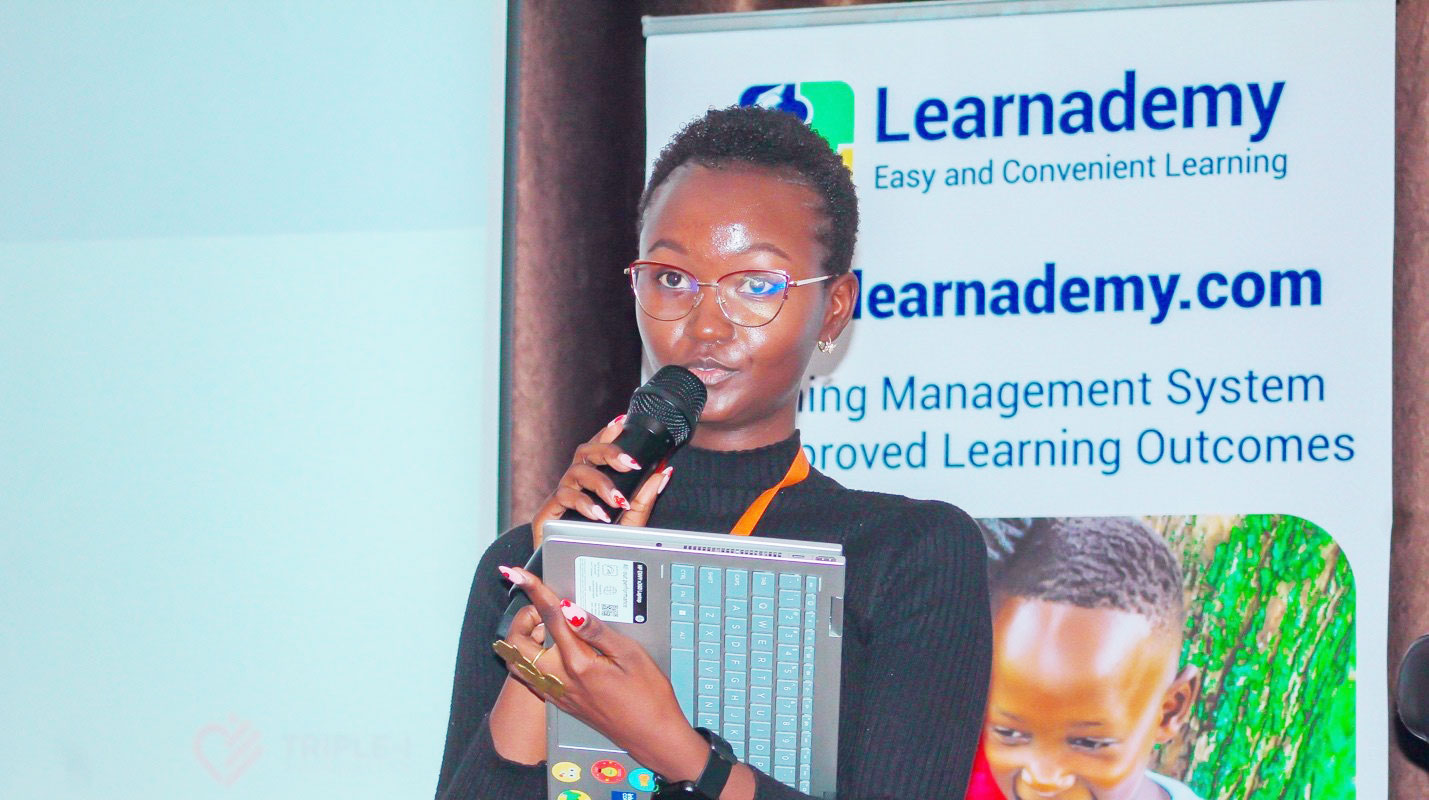
Mental Wellness and the Learner: Screen Time, Stress, and Anxiety
Students aren’t immune. Excessive screen time correlates to various challenges. Such challenges include shortened attention spans, sleep deprivation, anxiety, and depression.
At DEWS 2025, experts urged “digital nutrition”—consuming meaningful content—over mindless scrolling. Schools must teach mindful tech habits alongside STEM and literacy. The implications extend beyond the classroom, suggesting a need for balanced, intentional approaches to technology integration that prioritize sustainable learning habits alongside digital literacy.
The Role of Digital Wellness in EdTech Solutions
True innovation prioritizes well-being. Learnademy’s strategies include: Screen Time Alerts, which encourage health breaks, User-Controlled Settings, which let teachers and learners customize their experience, as well as Ad-Free Learning Zones, which minimize distractions. These features reflect DEWS 2025’s vision: Tech that serves humanity, not exploits it.
Future Strategies for Balance: Building Healthier Digital Ecosystems
The symposium's key recommendations for stakeholders included Policymakers to enforce digital wellness standards in schools, Tech Developers to design with mental health in mind, educators to advocate for training and tech-life balance, and Parents to model healthy screen habits at home.
A Human-Centered Digital Future
DEWS 2025 proved that education technology and mental wellness aren't opposing forces—they're interdependent. As Learnademy continues to innovate, we remain committed to: Empowering teachers, not replacing them, reducing digital stress, not amplifying it, and building inclusive tools, not exclusive ones. The future of EdTech isn't just smarter algorithms—it's healthier, happier learners and educators.


